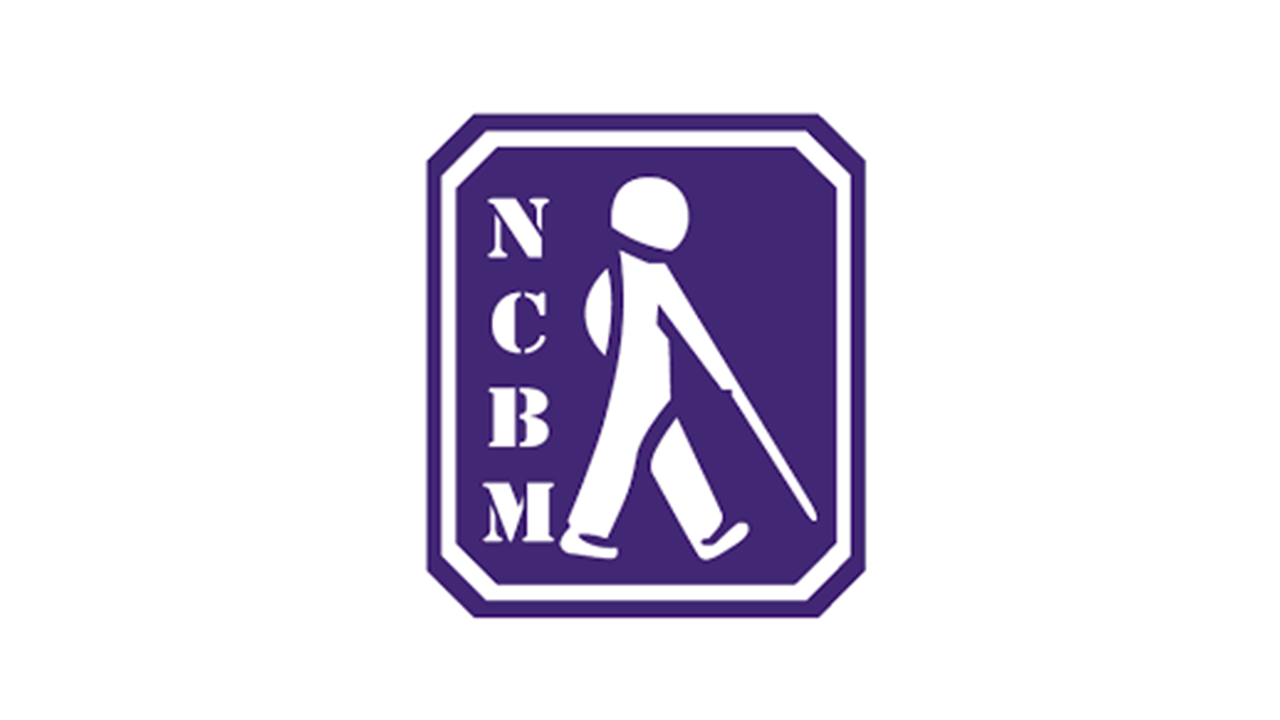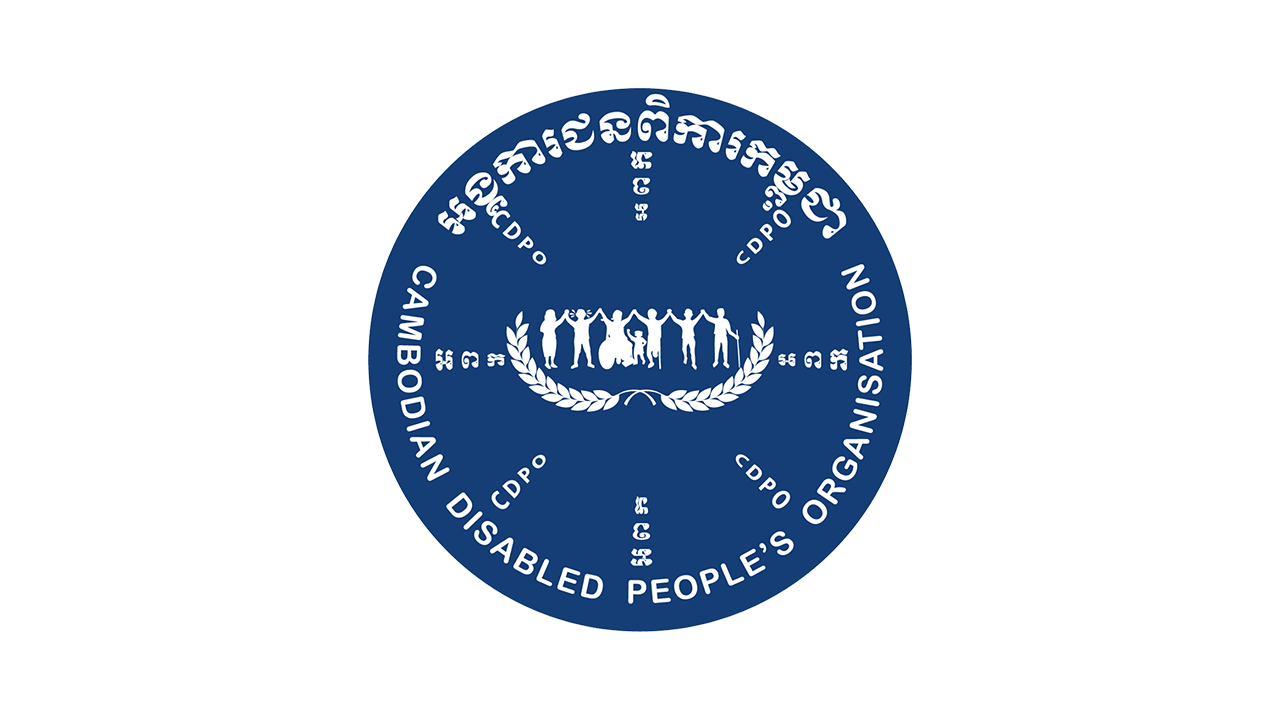Three Cambodian observers joined AGENDA’s fourth election monitoring in Bangka Belitung, February 23, 2012. Ky Sophan, Huy Khy, and Pheng Pharozin from Cambodian Disabled Person’s Organisation (CDPO) flew from their country to learn about the election monitoring process. Prior to the activity, they received a briefing about how to conduct the monitoring and to fill out the checklist. On the D-day, they joined three separate groups and set out to different locations.
Afterward, the three Cambodian observers shared their findings with other AGENDA volunteers at the post-monitoring discussion held in Bangka Belitung. They said that in general they found the state of accessibility in Indonesia’s election to be similar to that in Cambodia. “I think we share some similar issues with our friends here,” said Ky Sophan, referring to serious problems still faced by persons with disabilities, including difficulty in getting to polling stations as well as lack of facilities and support from the election officers. The situation has made persons with disabilities, especially those with mobility impairment, reluctant to go to polling station.
Huy Khy said, “We noticed that the road to the polling station is not accessible to wheelchair users. It is steep and not smooth. Then we interviewed another person with mobility impairment. She said that it is not convenient for her to go to vote, so she decided not to go.”
Inadequate accessibility is not the only factor preventing persons with disabilities from voting. Social stigma and lack of family support also played a role. “Two deaf women did not come to vote because they were embarrassed of their voice. Also, a woman suffering with the effect of polio did not come because she was embarrassed of her disability,” explained Ky Sophan. Several volunteers also reported similar cases, saying that deaf voters were constantly mocked, thus damaging their self-esteem.
Having their family decide for them whether to vote or not was another issue faced by persons with disability in Bangka – Belitung. Marsella, an 18 year-old girl with intellectual disability did not cast her first vote after reaching her majority because her mother thought she would not understand what it is all about.
“She doesn’t know how to vote,” her mother said. “Anyway, this is her first time. She just turned 18. The election officers did come to the house and put her name on the list of voters. But we thought it is not necessary for her to vote.”
The guest observers also commented the practice of the bringing the polling stations to homes of voters with limited mobility. Even though they acknowledged that the system may encourage persons with disabilities to vote, the Cambodian observers said that it may pose some disadvantages.
“There was only one party representative to witness the voting. When the committee came back to the polling station after facilitating people who voted from home, we have no way to be sure that the ballot paper has not been tampered with,” said Sophan again.
Pheng Pharozin added, “And then there is someone in the family who assisted in the process, so the vote of the person with disability is no longer a secret. People could find out who they had voted for.”
Nevertheless, despite the accessibility issues, the Cambodian observers judged the regional election in Bangka Belitung to be a good example. “I think this is a good and free and fair election for persons with disabilities in Bangka Belitung,” said Sophan.
Huy Khy also said he had a good impression about the election committees. “I noticed that the election officers were cooperative,” he said, “When we asked them, they gave us what we needed to know.”










